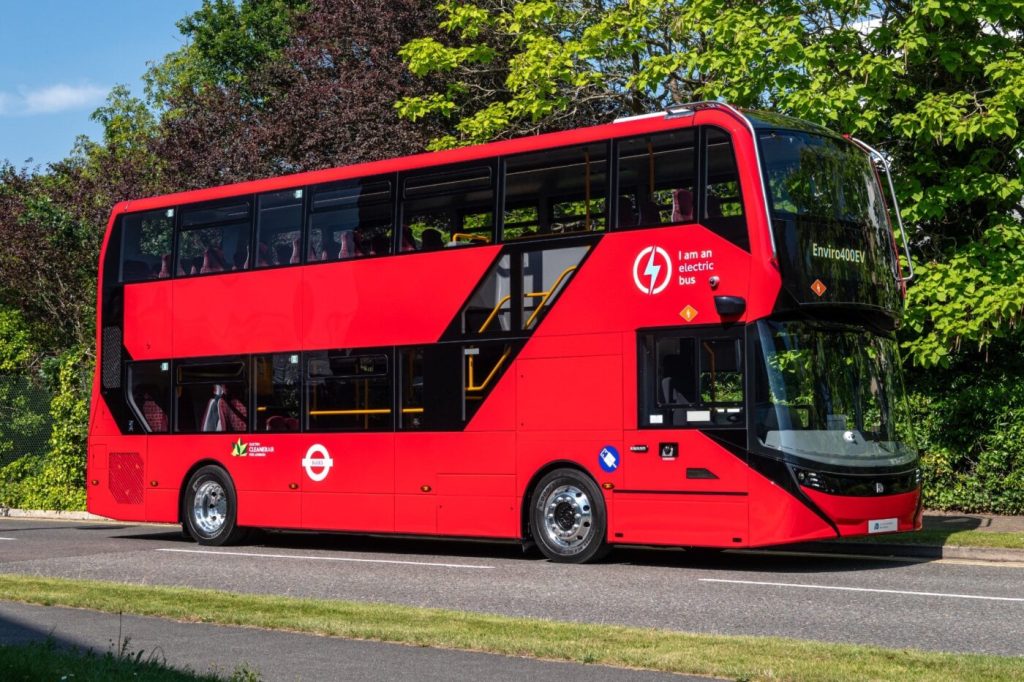The UK government has announced £37.8 million in funding to support the rollout of 319 zero-emission buses by spring 2027, with the investment matched by £113 million in private sector contributions. The announcement is part of the latest round of the Zero Emission Bus Regional Area (ZEBRA 2) programme.
Twelve local authorities have been selected to receive grants aimed at replacing older vehicles with cleaner alternatives and supporting the infrastructure necessary for electric bus operations. Among the beneficiaries are the West of England Combined Authority, which secured £19.89 million to introduce 160 electric buses, and Hull City Council, receiving £3.91 million for 42 buses.
See also: Ashok Leyland’s Switch UK Considers Closing Electric Bus Plant in Yorkshire
“This funding will not only make bus travel cleaner, greener and more comfortable, but it will deliver on our Plan for Change, creating jobs, supporting local economies and accelerating our journey towards a zero-emission future,” said Local Transport Minister Simon Lightwood.
The investment adds to the government’s broader ZEBRA initiative, which has already committed funding for an additional 995 zero-emission buses. In total, more than 1,300 electric buses are now expected to enter service over the coming years as part of the programme.
See also: UK Sees Growth in Electric Buses, but Electric Truck Market Stagnates
Authorities will also be able to allocate part of their grants to develop supporting infrastructure, such as charging facilities. The government said some of the funds would be used to expand and revive existing routes. For instance, in Bristol, services will be extended to cover 22 routes with new zero-emission vehicles.
While the funding allocation varies significantly between councils, with Devon County Council receiving £772,000 for 10 buses and Surrey County Council allocated £1.74 million for 12 buses, no official explanation has been given for the regional cost discrepancies.
The government has also highlighted that 60% of electric buses funded through previous rounds were procured from UK-based manufacturers. It is expected that the latest round of investments will continue to support the domestic bus manufacturing industry.
The upcoming Bus Services Bill is expected to include a provision to phase out new diesel and petrol buses in England, marking a further step toward the country’s broader decarbonisation goals.
